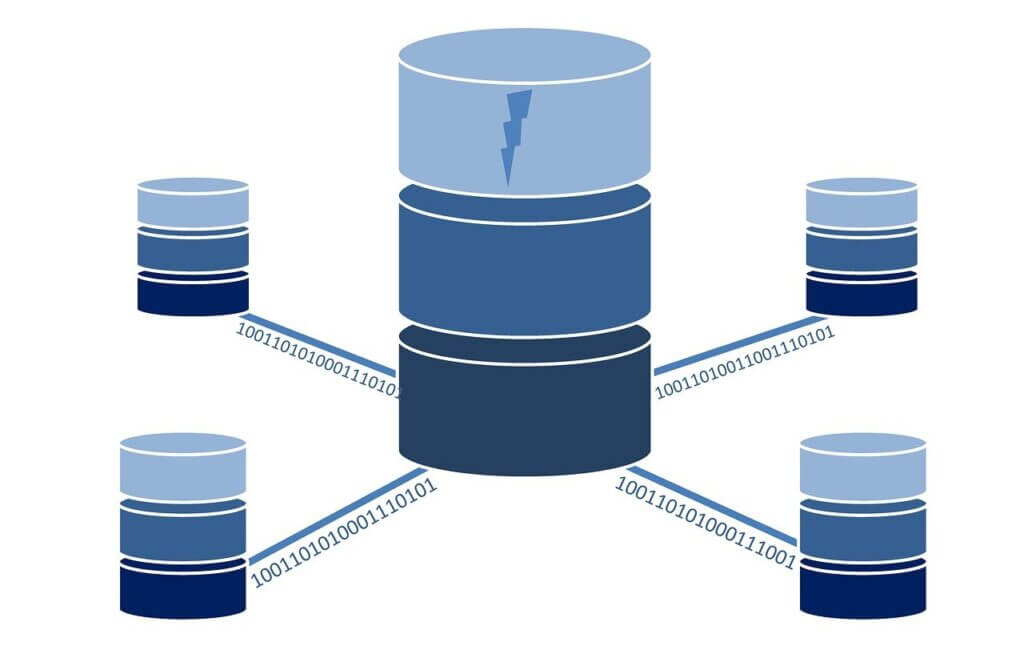Amazon Web Services (AWS) Elastic Compute Cloud (EC2) is a fundamental part of Amazon’s cloud computing platform, providing scalable computing capacity in the cloud. It allows users to rent virtual servers, known as instances, to run applications and host websites on the cloud infrastructure.
II. Understanding the Basics
What is AWS EC2?
AWS EC2 offers resizable compute capacity in the cloud. Users can easily scale their compute capacity up or down depending on their requirements, paying only for the resources they use.
How does AWS EC2 work?
AWS EC2 works by allowing users to launch instances on virtual servers within the AWS cloud. Users can choose from a variety of pre-configured instance types optimized for different workloads. These instances can be easily managed and configured through the AWS Management Console or via the AWS API.
III. Key Features of AWS EC2
AWS EC2 comes with several key features that make it a popular choice for businesses and developers alike.
Scalability
One of the most significant benefits of AWS EC2 is its scalability. Users can easily scale their compute capacity up or down based on demand, ensuring that they have the resources they need when they need them.
Security
AWS EC2 offers robust security features, including network isolation, encryption, and identity and access management tools, to help protect sensitive data and applications.
Flexibility
AWS EC2 provides users with the flexibility to choose from a wide range of instance types, operating systems, and software configurations to meet their specific requirements.
Cost-Effectiveness
AWS EC2 follows a pay-as-you-go pricing model, allowing users to pay only for the resources they use without any long-term commitments or upfront costs.
IV. Getting Started with AWS EC2
Getting started with AWS EC2 is straightforward and requires just a few simple steps.
Creating an EC2 instance
To create an EC2 instance, users can navigate to the AWS Management Console, choose the desired instance type, configure the instance settings, and launch the instance.
Choosing instance types
AWS offers a variety of instance types optimized for different use cases, such as general-purpose, compute-optimized, memory-optimized, and storage-optimized instances.
Configuring security groups
Users can configure security groups to control inbound and outbound traffic to their EC2 instances, ensuring that only authorized connections are allowed.
V. Use Cases of AWS EC2
AWS EC2 is used for a wide range of applications and use cases across various industries.
Web hosting
Many businesses use AWS EC2 to host their websites and web applications, taking advantage of its scalability and reliability.
Application hosting
AWS EC2 is also commonly used to host a variety of applications, including mobile apps, gaming servers, and enterprise applications.
Testing and development
Developers use AWS EC2 to quickly provision and deploy development and testing environments, speeding up the software development lifecycle.
VI. Benefits of AWS EC2
AWS EC2 offers several benefits that make it a preferred choice for cloud computing.
On-demand scalability
With AWS EC2, users can easily scale their compute capacity up or down based on demand, ensuring optimal performance and cost-efficiency.
Pay-as-you-go pricing
AWS EC2 follows a pay-as-you-go pricing model, allowing users to pay only for the resources they use without any long-term commitments or upfront costs.
Easy integration with other AWS services
AWS EC2 integrates seamlessly with other AWS services, such as Amazon S3, Amazon RDS, and AWS Lambda, allowing users to build complex and scalable applications.
VII. Challenges and Considerations
While AWS EC2 offers many benefits, there are also some challenges and considerations to keep in mind.
Security concerns
Users must take steps to secure their EC2 instances and data, including implementing encryption, access controls, and monitoring solutions.
Cost management
While AWS EC2 offers cost-effective pricing, users must carefully monitor their usage and optimize their resources to avoid unexpected costs.
Performance optimization
Users must optimize their EC2 instances for performance to ensure that their applications run efficiently and reliably.
VIII. Conclusion
In conclusion, AWS EC2 is a powerful and flexible cloud computing service that offers scalable compute capacity in the cloud. With its wide range of features and benefits, AWS EC2 is an ideal choice for businesses and developers looking to build and deploy applications in the cloud.
5 Unique FAQs
-
Can I use AWS EC2 for hosting my WordPress website?
- Yes, AWS EC2 can be used to host WordPress websites. However, it requires some technical expertise to set up and manage.
-
What is the difference between on-demand and reserved instances in AWS EC2?
- On-demand instances are billed on an hourly basis with no long-term commitments, while reserved instances offer discounted pricing in exchange for a one- or three-year commitment.
-
How do I secure my AWS EC2 instances?
- You can secure your AWS EC2 instances by implementing security groups, configuring network access controls, enabling encryption, and regularly updating your instance software.
-
Can I use AWS EC2 for machine learning workloads?
- Yes, AWS EC2 provides instances optimized for machine learning workloads, making it an ideal choice for running training and inference tasks.
-
Is it possible to automate the provisioning of AWS EC2 instances?
- Yes, you can use AWS services such as AWS CloudFormation or AWS Elastic Beanstalk to automate the provisioning and management of EC2 instances.
Do you like to read more Blog content? Read our blogs at PintoraBlogs








